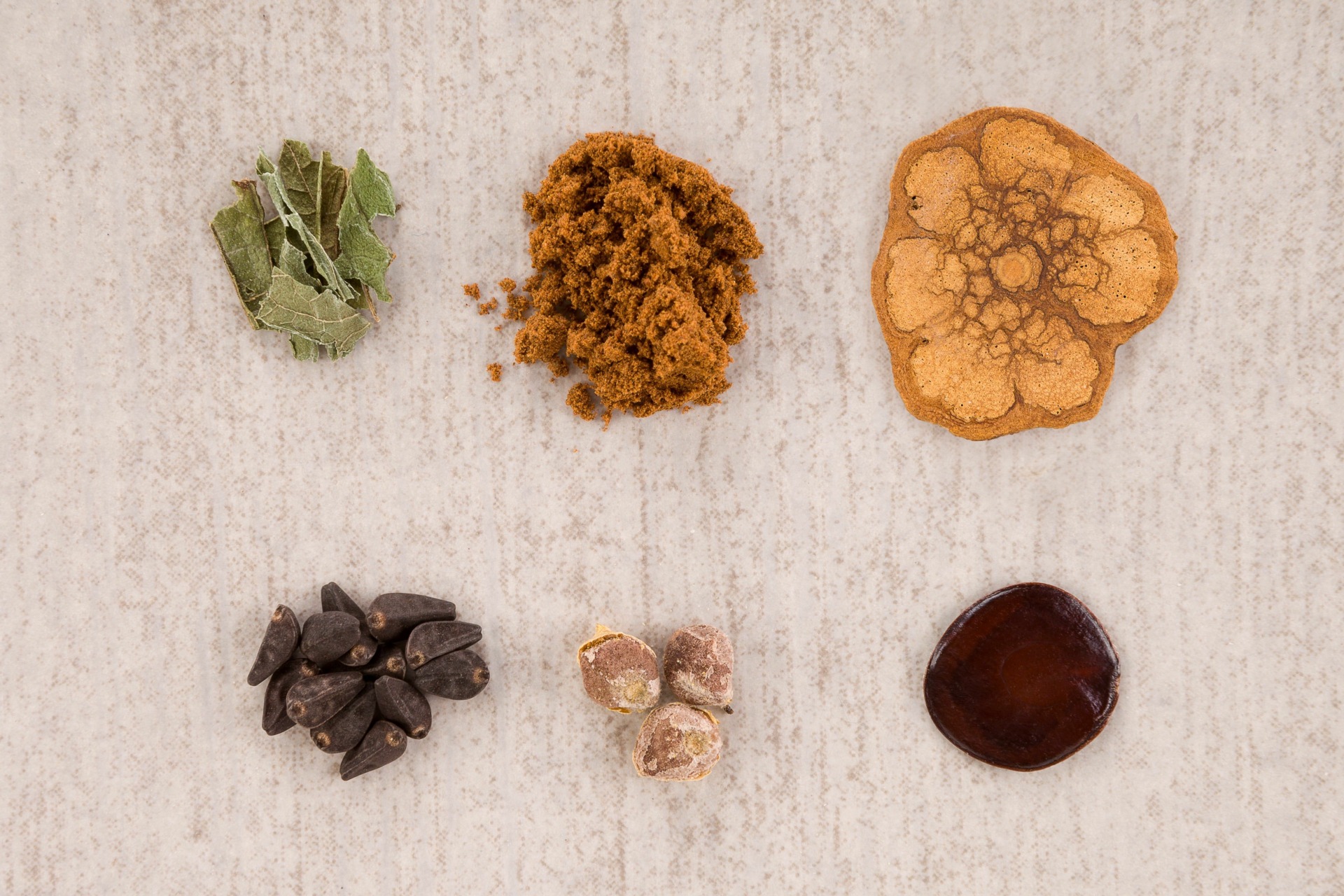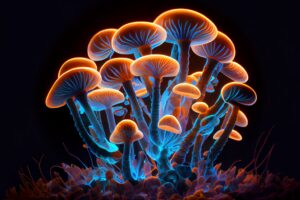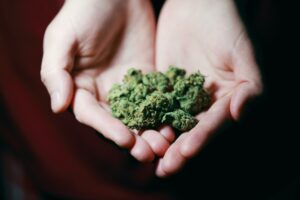Studies about the effectiveness of psychedelics for different conditions have been on the rise for a number of years. Magic mushrooms (aka psilocybin) are probably the most well-known, but have you ever heard of ibogaine? Keep reading for more about what it is, how it’s used and the common effects.
Psychedelics are in the limelight with research organizations like MAPS, Johns Hopkins and The Imperial College of London studying their efficacy for mental health disorders and addiction. Psychedelics are known to alter the Default Mode Network (DMN), an interconnection of brain components linked to daydreaming, obsessive worrying, self-reflection, anxiety and depression.
Commonly researched psychedelics include LSD, MDMA and psilocybin, but there is also an interest in exploring other psychedelic options to treat a broader range of addictions. A lesser-known psychedelic is ibogaine. This psychedelic carries the potential to treat addictions with substances such as heroin, fentanyl, alcohol, opioids, methamphetamines and more.
What is Ibogaine?
Ibogaine is a plant-based, psychoactive drug found in Central Africa. It is prepared by isolating alkaloids extracted from the bark of the Tabernanthe iboga shrub. Ibogaine is traditionally used in African spiritual rituals by Indigenous pygmy tribes. French explorers in Africa brought the root back to Europe toward the end of the 19th century and spread its use throughout the Western world.
In the 1960s, Howard Lotsof, a heroin addict, experimented with ibogaine and realized its ability to suppress the withdrawal effects of heroin. Unfortunately, the FDA banned scientific research with psychedelics after President Richard Nixon declared the “war on drugs” in 1971. After this, ibogaine disappeared before science and research could pursue its potential for treating addiction.
What Are Ibogaine’s Effects?
Ibogaine is a dissociative psychedelic, meaning it alters perception through sight and sound and causes a feeling of detachment. As with any psychedelic, the effect may be impacted by setting, dosage and method of consumption. Ibogaine is different from iboga, which also will affect the outcome perceived by the user.
Consumers of ibogaine report similar experiences during their journey with the drug. A trip will often conjure extreme or acute experiences of past memories. People report that the experience is like flashcards rapidly moving past, or like a waking dream. There is an intense visual component during the acute phase of the trip.
After the acute stage of the ibogaine journey, a reflective tone is often reported. Many people start to evaluate the experience from the acute phase, which is when integrative therapy (like cognitive behaviour therapy or mindfulness) is especially helpful.
What Are the Therapeutic Benefits of This Psychedelic?
This psychedelic is believed to restore brain processes to their pre-addiction states, eliminating withdrawal symptoms. As such, it has been used in the treatment of alcoholism and opiate abuse, among others. In a 2014 study out of a number of institutions in Brazel, 75 poly-drug users (cannabis, cocaine, crack, alcohol) were treated with ibogaine, with a 61 percent abstinence rate without any adverse effects, complications or fatalities.
Ibogaine treatment is more effective when done in conjunction with integrative psychotherapy. Therapy may start before ibogaine is ingested, continue through the process and extend into the post-treatment period.
Is Ibogaine Legal?
Ibogaine has been illegal in the US since 1967. The DEA categorizes it as a Schedule 1 controlled substance. The drug is mostly unregulated in Mexico, Costa Rica, Australia, Brazil, Canada, South Africa, New Zealand and select European countries.
Are There Any Drug Interactions?
Studies have shown that ibogaine is not suitable for patients with pre-existing heart conditions including irregular heartbeat or congenital cardiac defects. The same study posits that there are contraindications with concurrent medication administration that are significantly affected by CYP2D6 metabolism, which involves kidney function.
Patients exploring ibogaine as an option should avoid a list of other drugs during treatment. These include the following:
- QT-prolonging drugs
- Anti-fungal medication
- Omeprazole
- Fentanyl
- Methadone
- Psychotropic medications like Amitriptyline, Elavil, Prozac, Zoloft, Paxil
Where Can I Legally Seek Treatment?
There are many legal ibogaine treatment centers around the world; however, it is vital that well-trained healthcare professionals run the facilities with the proper medical training and support. Unregulated treatments in underground facilities have led to fatalities due to a lack of medical knowledge.
Ibogaine treatment may seem straightforward on its own. But the real challenge lies in providing prior health screening. Choosing a treatment facility depends somewhat on a host of personal decisions and preferences. Still, any treatment center you consider should, first and foremost, adhere to guidelines set forth by the Global Ibogaine Therapy Alliance.





